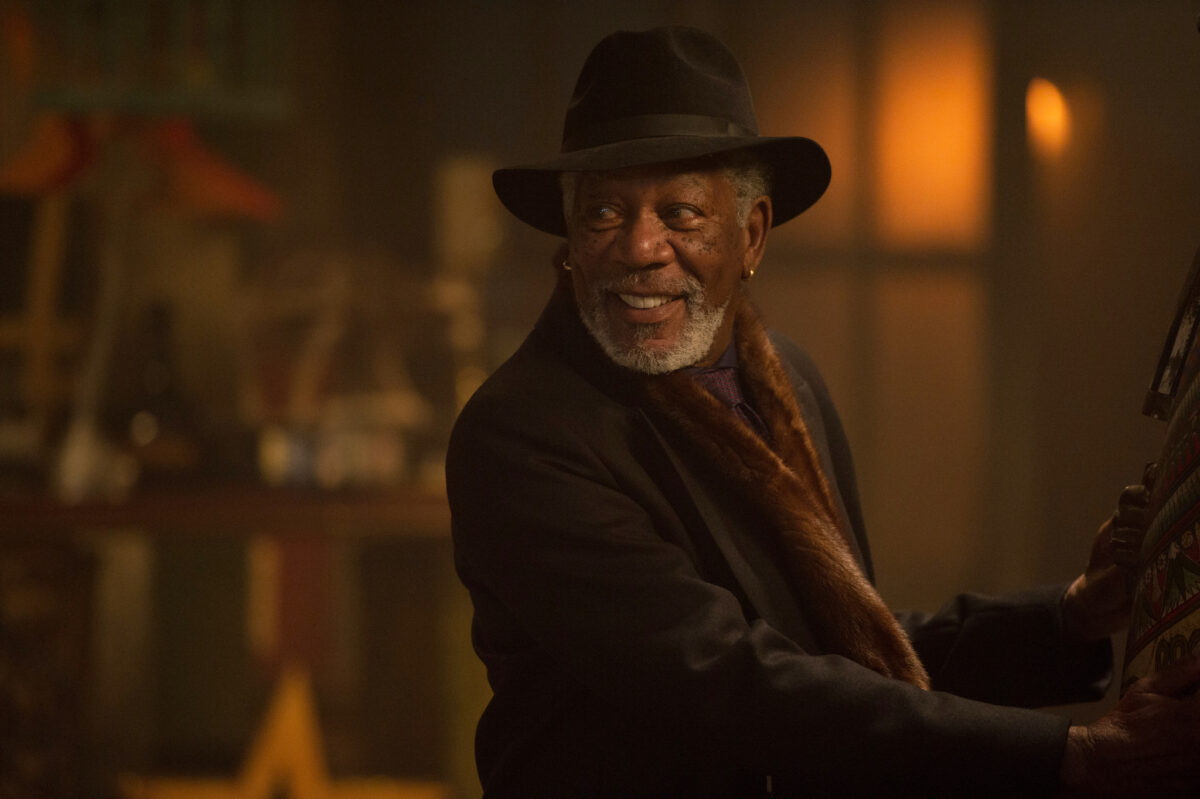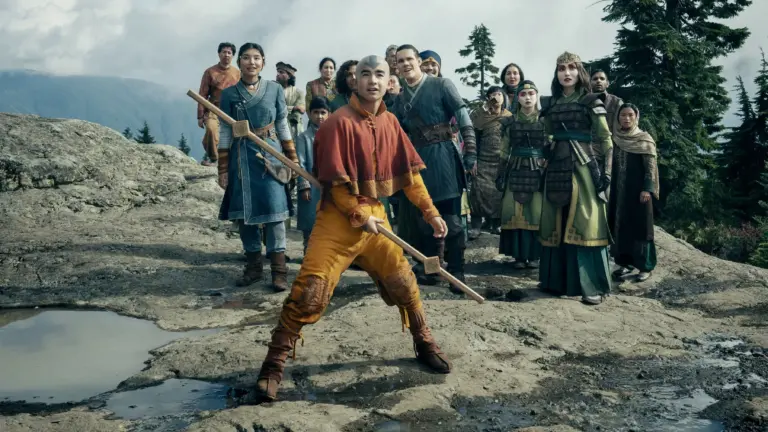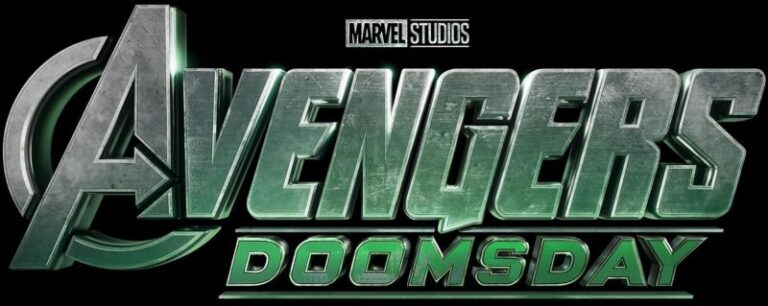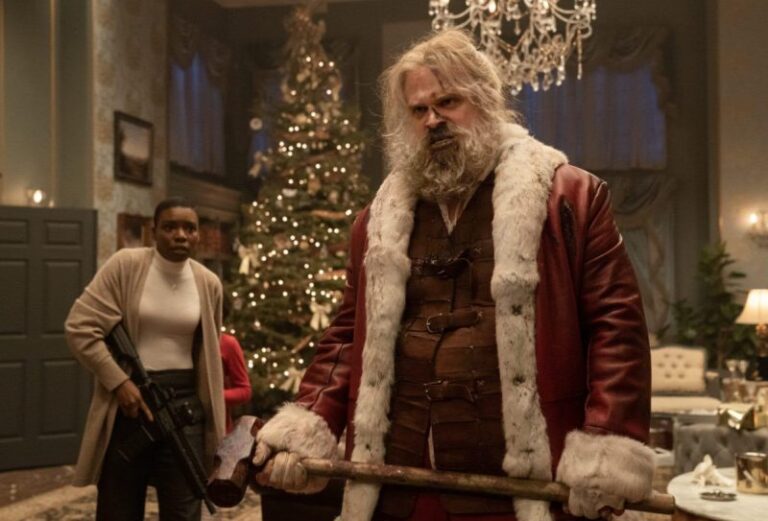Morgan Freeman Speaks Out Against AI Voice Replication: ‘My Lawyers Have Been Very, Very Busy’
Morgan Freeman possesses one of the most recognizable and trusted voices in the world. From narrating documentaries to playing God, his distinct vocal quality has become a cultural touchstone. Now, the acclaimed actor is taking a firm stand against the unauthorized use of artificial intelligence to replicate his voice, raising critical questions about authenticity, compensation, and the protection of an artist’s identity.
Morgan Freeman: A Voice Against False Imitation
In a recent interview, Freeman expressed his frustration with the growing trend of AI-generated imitations of his voice appearing without his consent. “I’m a little PO’d, you know,” he stated, articulating the core of the issue for many performers. “I’m like any other actor: don’t mimic me with falseness. I don’t appreciate it and I get paid for doing stuff like that, so if you’re gonna do it without me, you’re robbing me.”
Freeman’s comments highlight two key concerns for artists in the age of AI: the violation of their unique craft and the financial implications of having their likeness used for free. He confirmed that this is not a hypothetical problem, revealing that his legal team has been actively pursuing cases of unauthorized voice replication. “My lawyers have been very, very busy,” he said, noting they have found “quite a few” instances of his voice being used without permission.
A Growing Concern in Hollywood
This is not the first time Freeman has addressed the issue. He previously thanked his fans for their diligence in identifying and calling out AI-generated scams using his voice. His stance echoes a wider sentiment throughout the entertainment industry, where the rapid advancement of AI technology presents both exciting opportunities and significant ethical challenges.
The debate over AI’s role in creative fields has become a major point of contention. Organizations like SAG-AFTRA have been vocal in their opposition to the creation of digital actors and the use of AI trained on the work of performers without their consent or compensation. The union argues that such practices devalue human artistry and threaten the livelihoods of countless professionals. The unauthorized replication of a voice as iconic as Morgan Freeman’s serves as a powerful example of what is at stake.
The Fight for Authenticity and Control
The issue boils down to the fundamental right of an artist to control their own image and voice. For actors, their voice is not just a tool; it is an integral part of their identity and their artistic expression, honed over years of dedicated work. The ability for anyone to replicate that voice with a few clicks of a button undermines the value of that craft.
As Morgan Freeman takes legal action to protect his vocal identity, he is on the front lines of a battle that will define the future of entertainment. His fight is not just about his own voice, but about establishing a precedent that respects the rights and contributions of all artists in an increasingly digital world. The outcome of these challenges will have lasting implications for how creativity, identity, and intellectual property are managed in the age of artificial intelligence.






